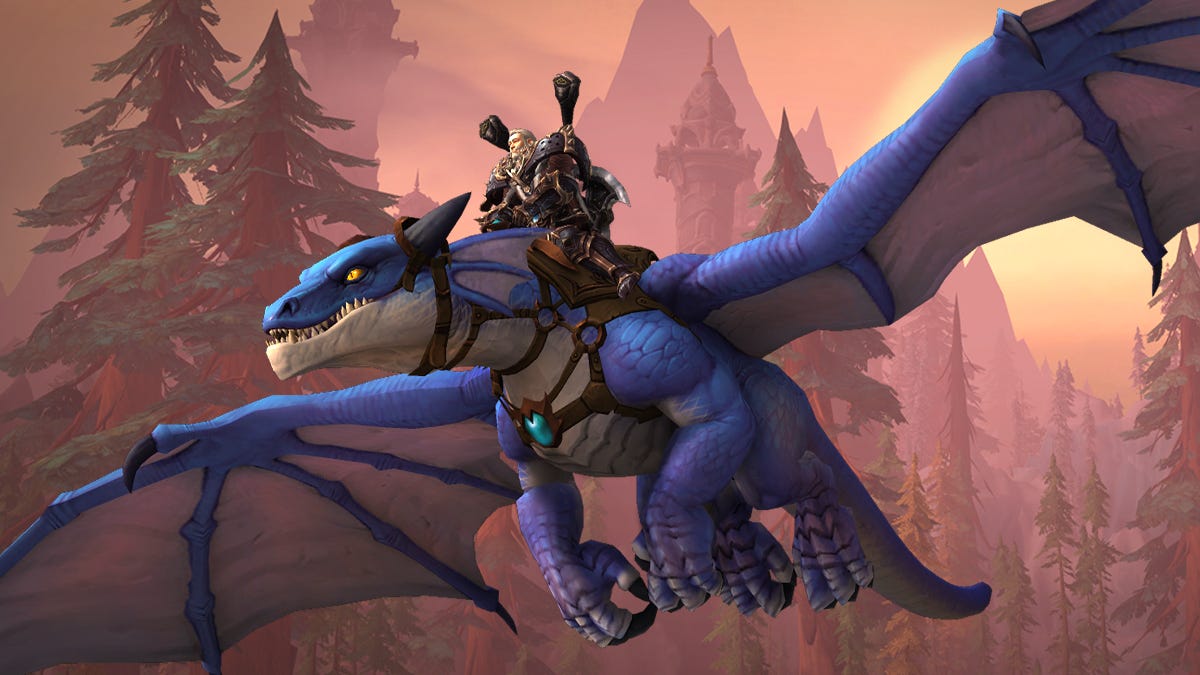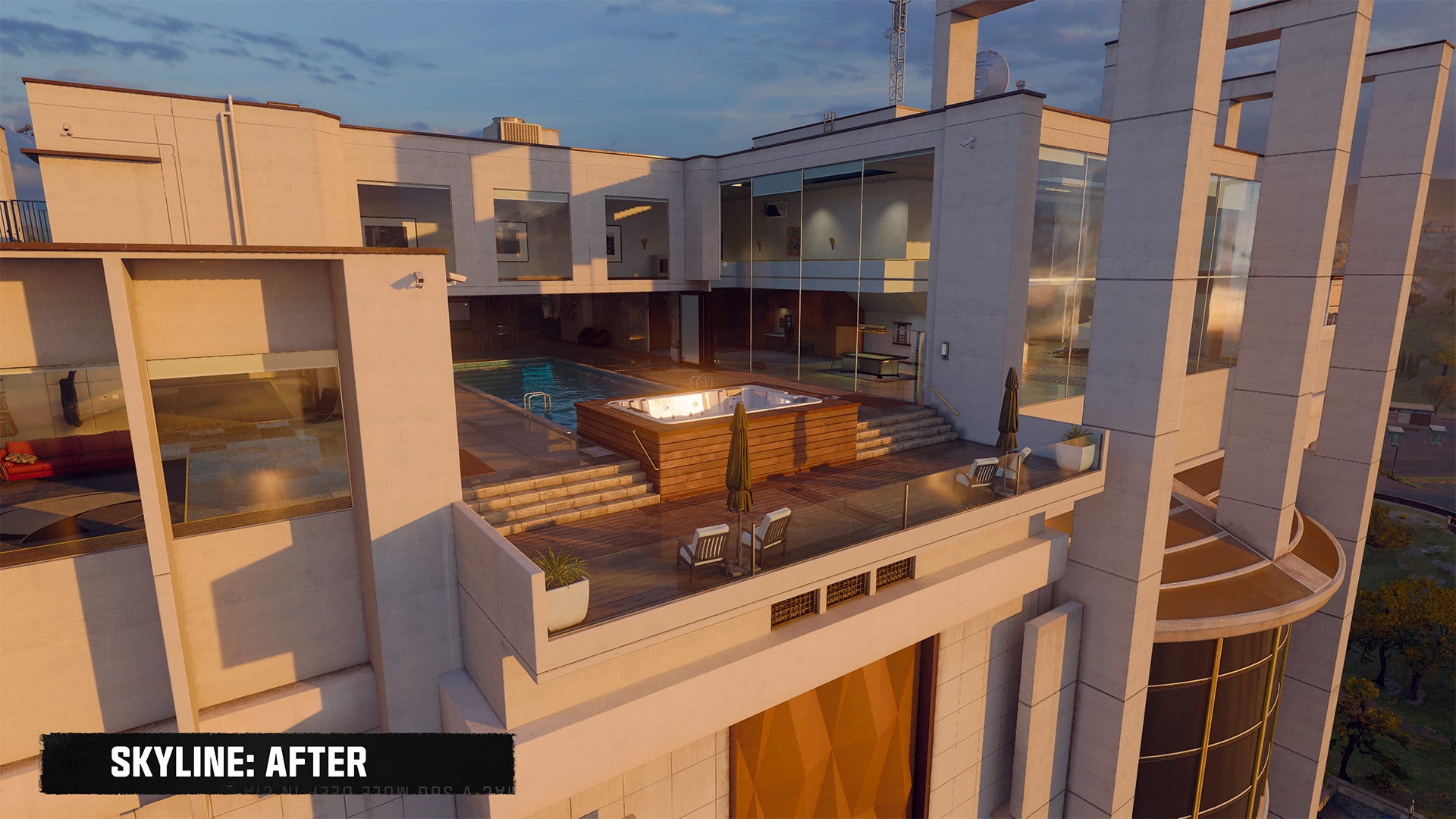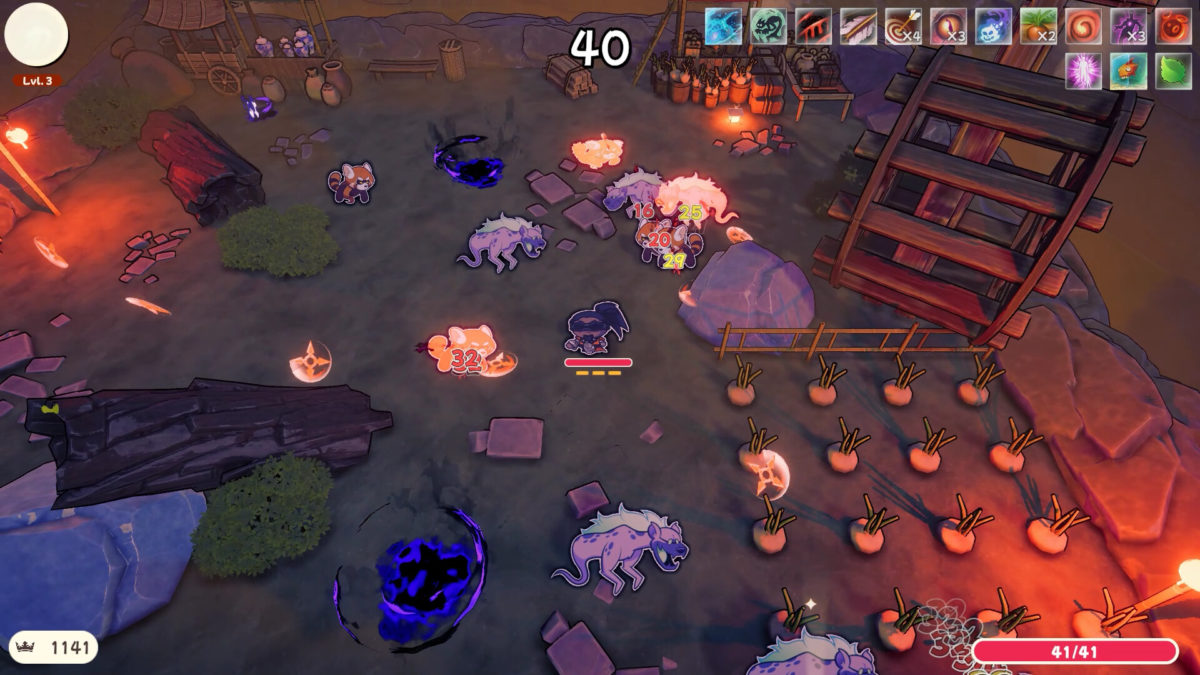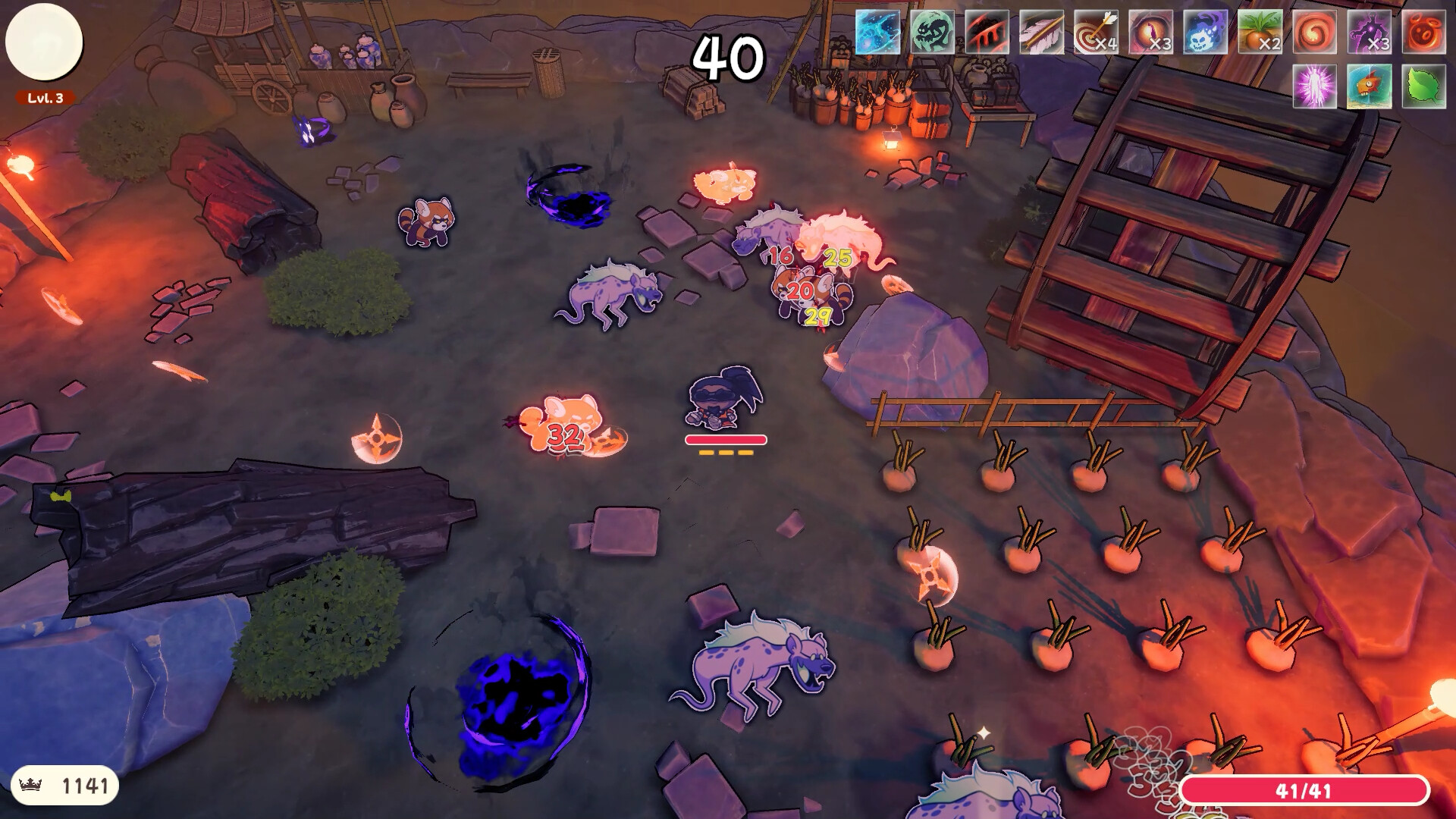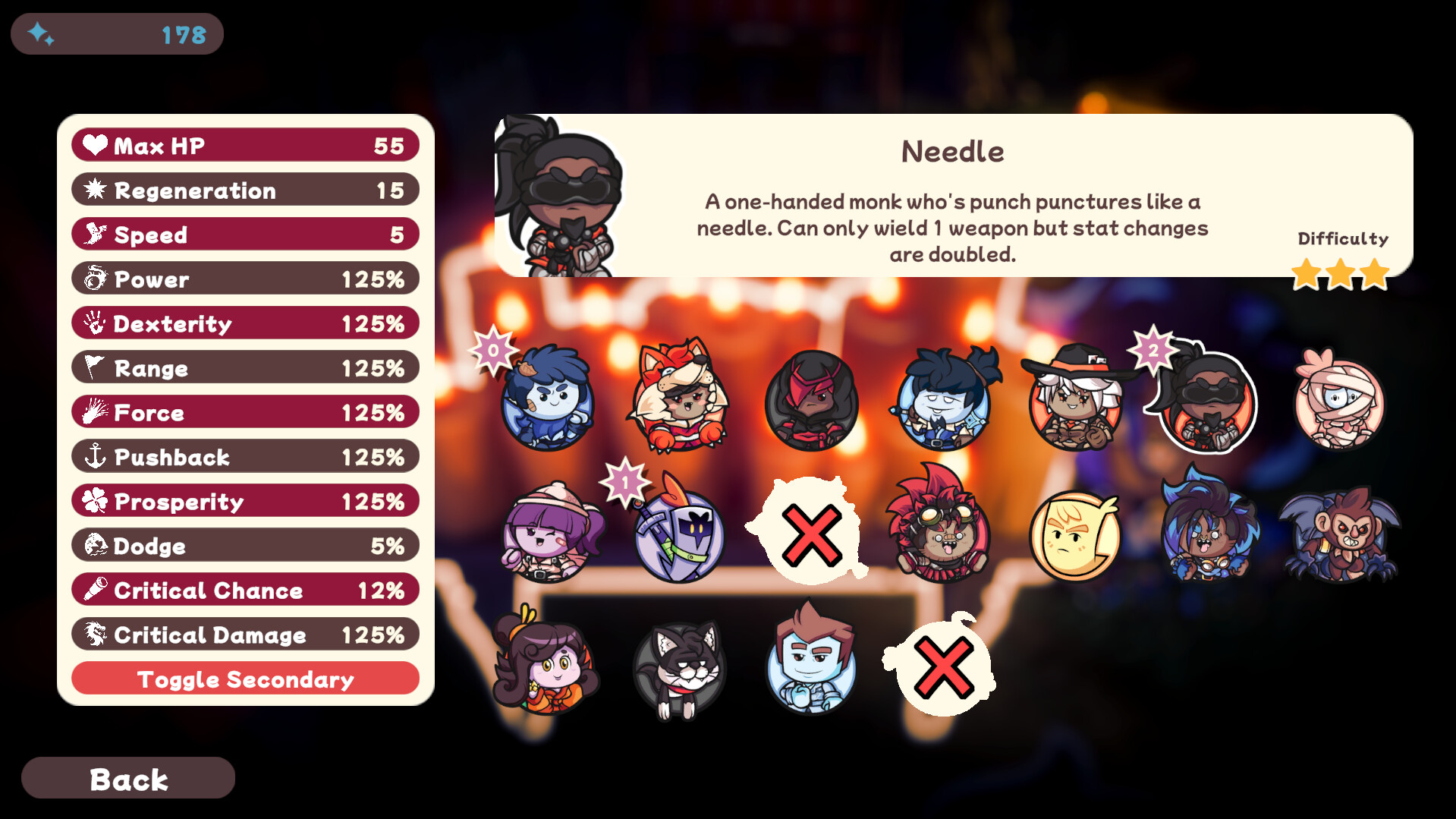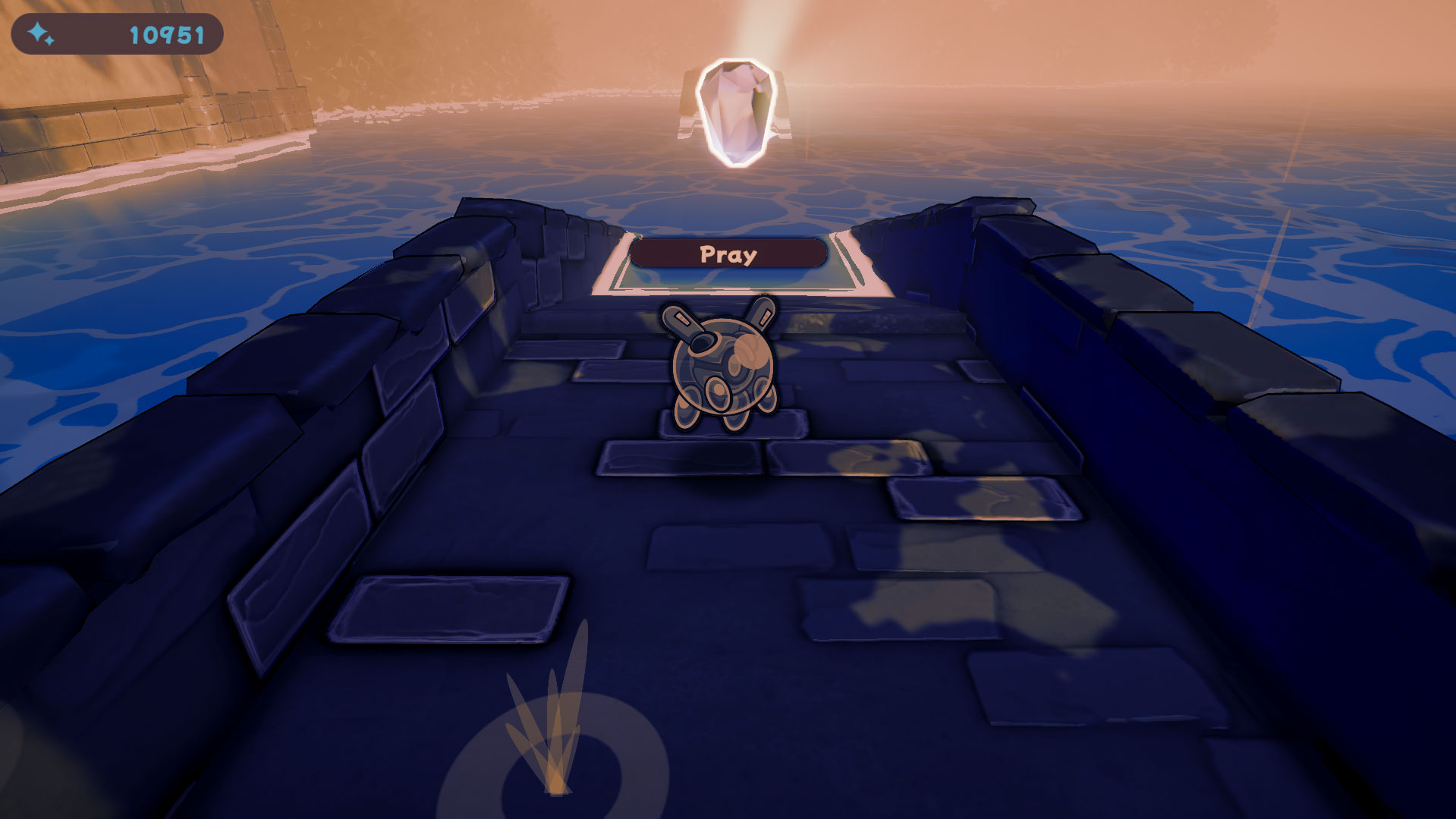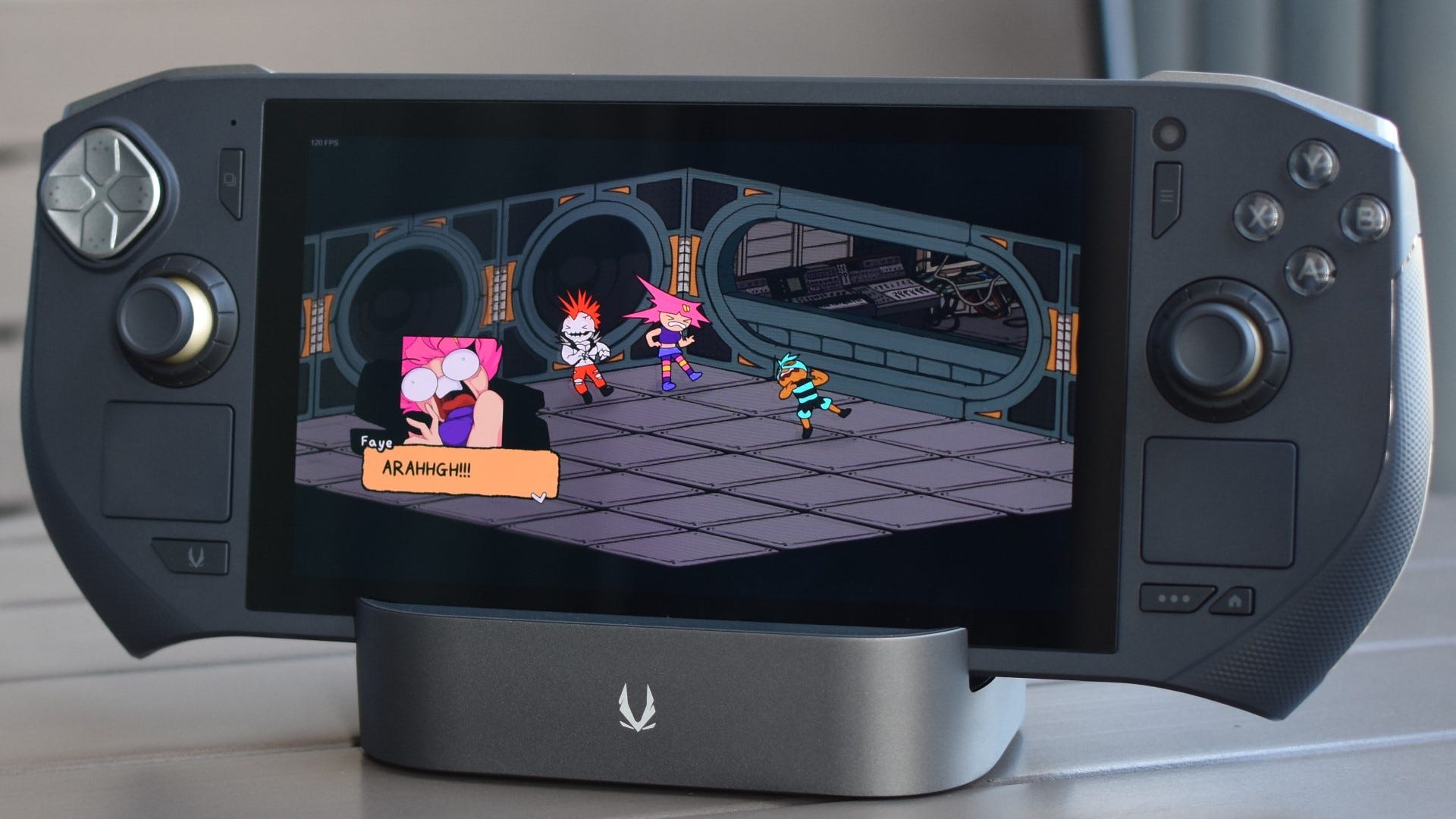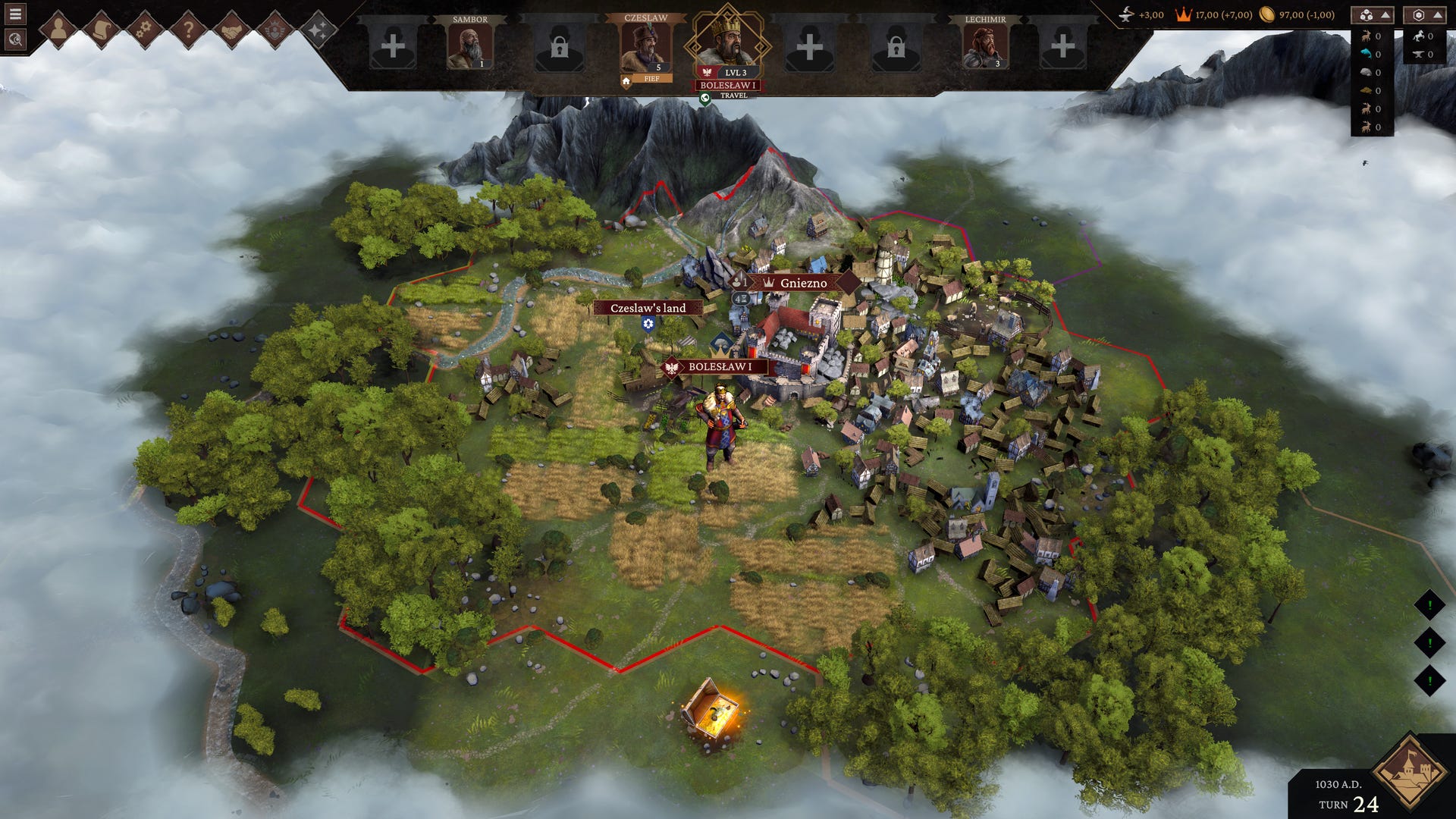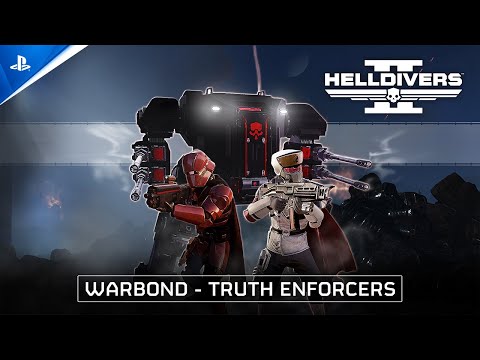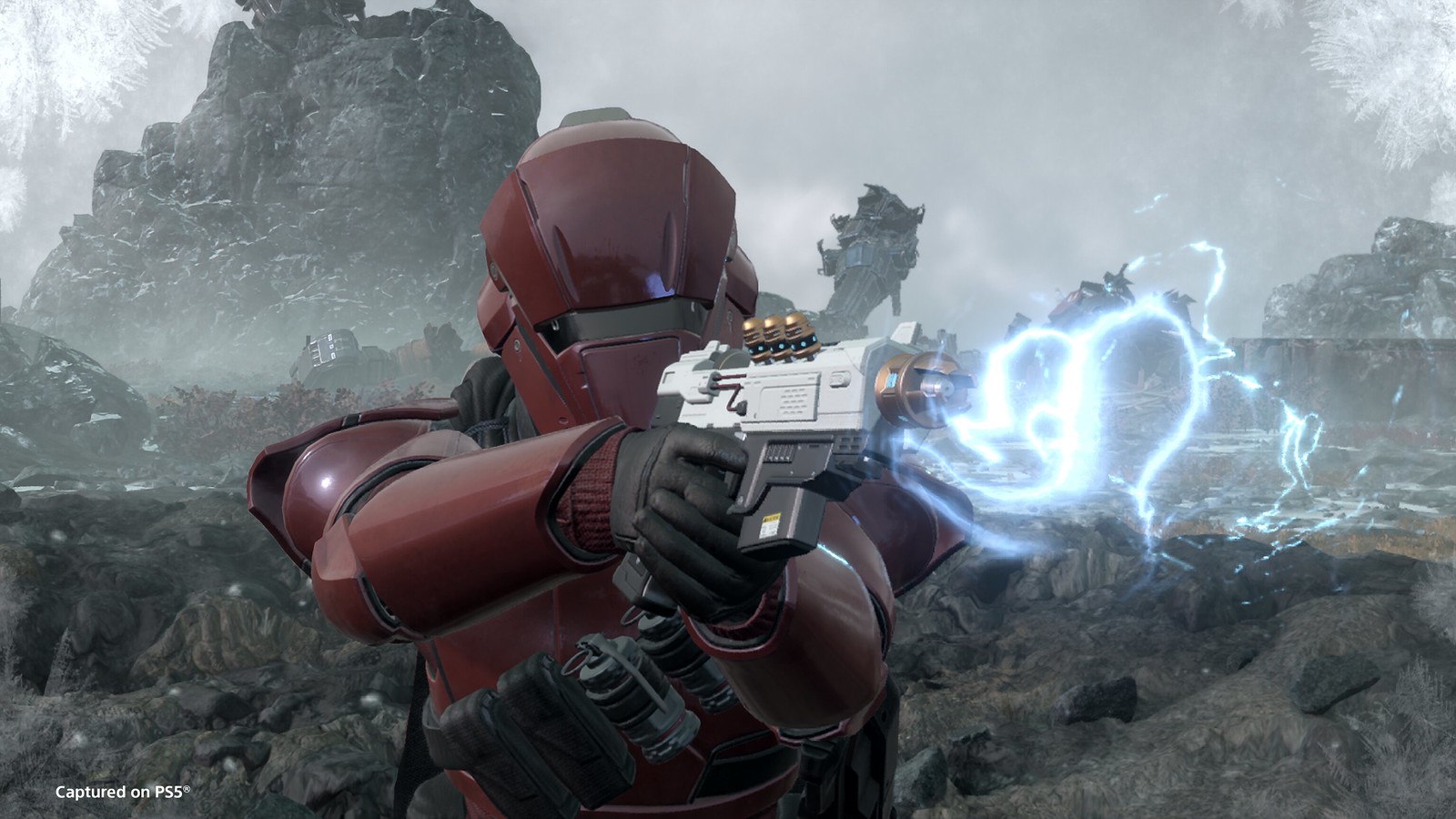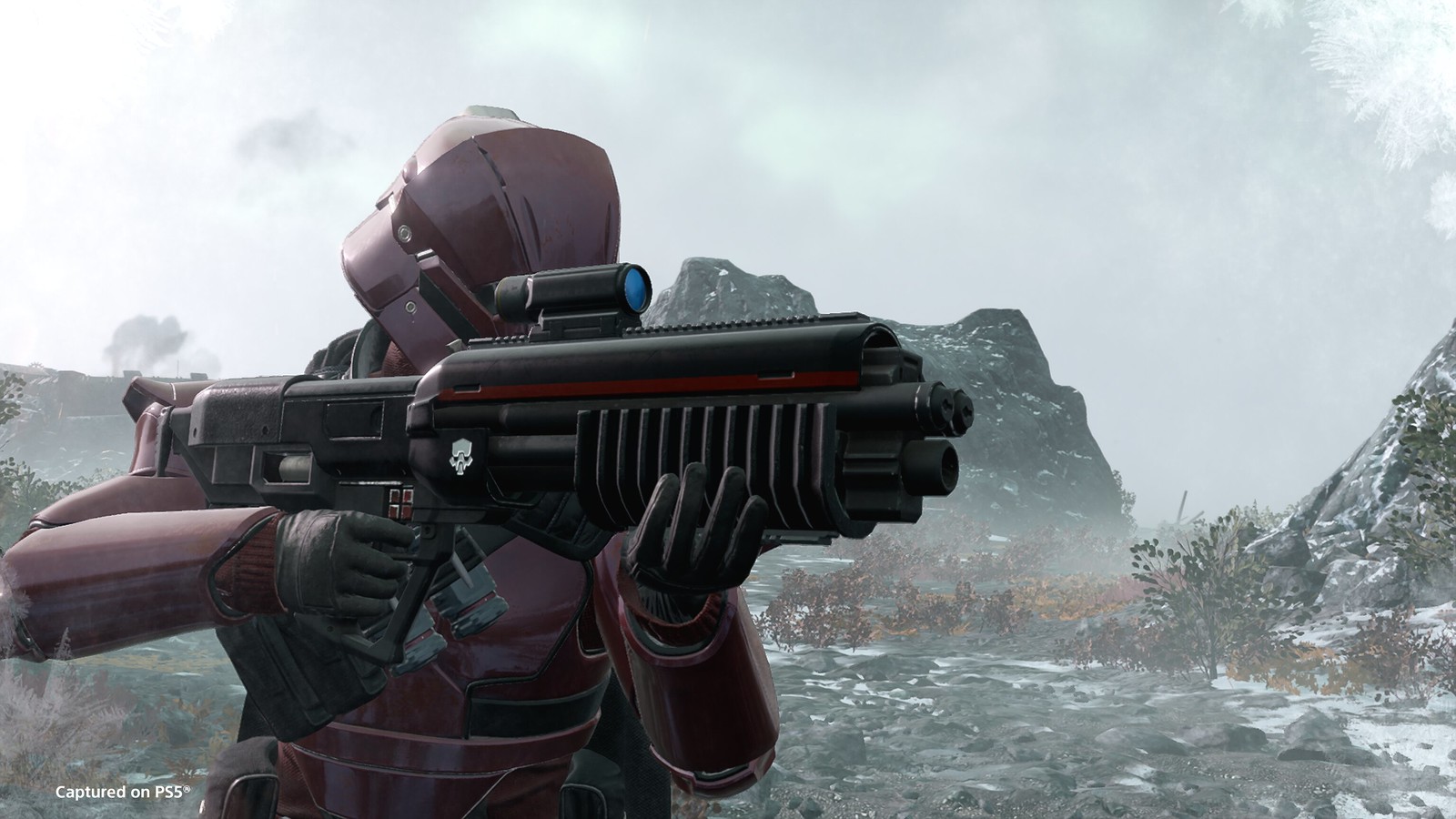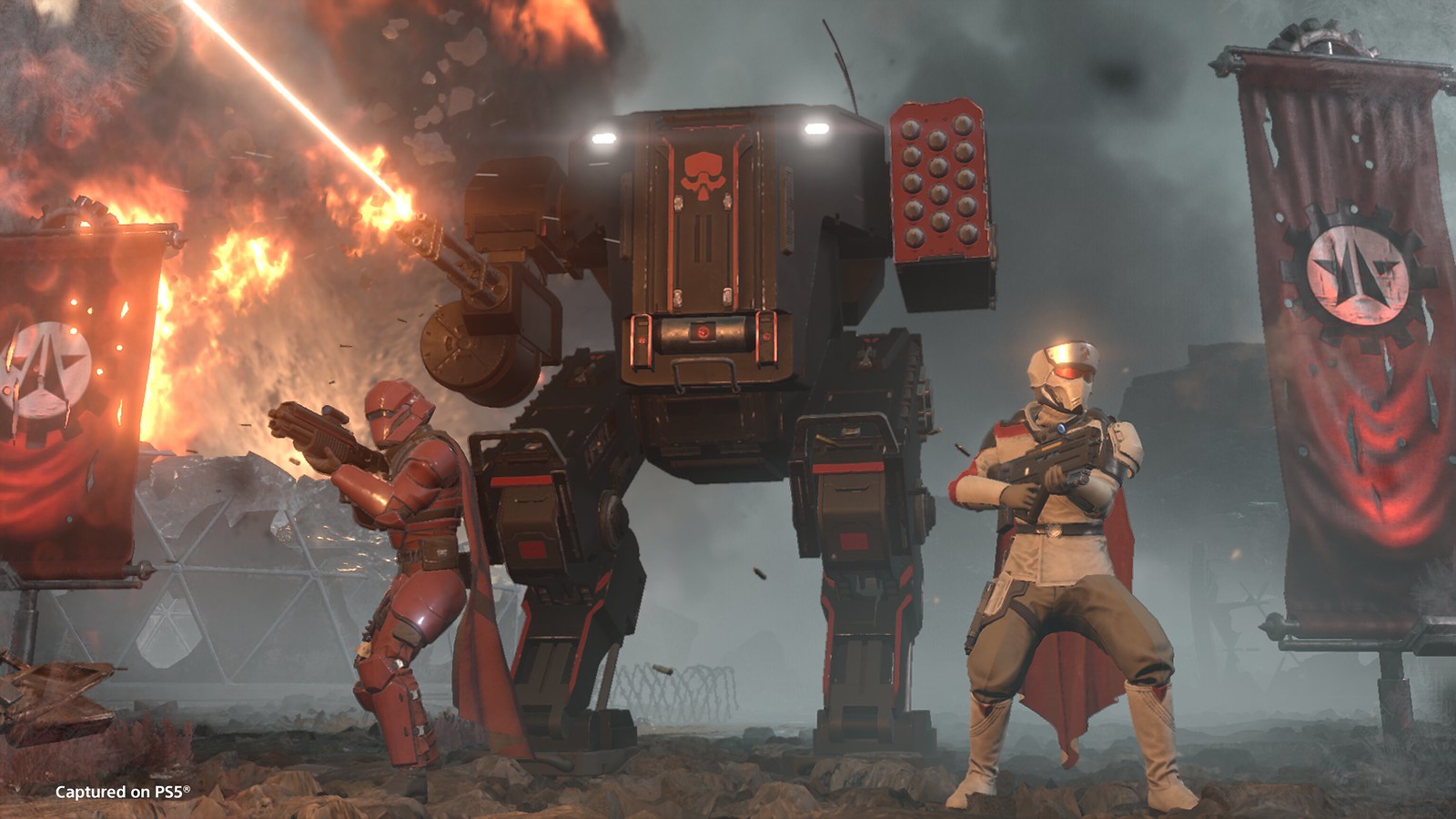Call of Duty: Black Ops 6 is rolling out now (some have been playing it for hours at this point), and Activision has published its preseason patch notes that detail changes made to Multiplayer in time for launch. These are in addition to already announced changes based on feedback and data from the beta weekends.
The headline here is that aim assist is much weaker at point blank ranges for launch and smoothly increases in strength out to a short range. Aim assist is always a hot topic within the Call of Duty community with each game’s release, so it will be interesting to see feedback now the game is out in the wild.
Elsewhere, there are improved pistol and dedicated melee swap speeds, a slight increase to weapon butt melee attack speeds, and adjustments to sway, bob, and overall weapon motions to improve point of aim when entering ADS (aim down sights).
Helpfully, Activision included a weapon damage range explainer in the patch notes, which go into detail on how damage actually works in Black Ops 6 and Warzone from Season 01.
We’ve got plenty more on Black Ops 6 ahead of launch, including its built-in support for better audio tech that costs $20, Activision’s new ambitious plans to beat cheaters, and confirmation it doesn’t include the dreaded Riot Shield.
Call of Duty: Black Ops 6 Preseason Patch Notes
MULTIPLAYER
Weapons
There are 33 weapons at launch waiting for you to unlock and customize. See our full breakdown on weapons at the COD blog.
Weapon Balance
While many weapon balance changes have been implemented across the board since Beta, we consider launch to be our day 1 baseline across the entire arsenal. Weapon balance is always ongoing, so we’ll be evaluating data and feedback, and sharing updates on this regularly.
- In the Multiplayer Beta we tested a change that disabled aim assist at close ranges. While this was a change in the right direction, we felt that this was a bit jarring when crossing that close range threshold, so we’ve adjusted our approach to linearly interpolate aim assist strength. This means that aim assist will be much weaker at point blank ranges and smoothly increase in strength out to a short range. We will of course continue to monitor and assess data and player feedback.
- Improved Pistol and Dedicated Melee swap speeds
- Slight increase to Weapon Butt melee attack speeds
- Adjustments to sway, bob and overall weapon motions to improve point of aim when entering ADS
- Additional improvements coming in Season 01
- Improved Depth of Field across all Weapons
Movement
- Added a toggle option for Corner Slicing
- Added an option to set the hold time to perform a Dive to Prone or Slide depending on your Slide/Dive Behavior setting
- Added an Intelligent Movement option to set Mantle Assist Angle from tight, medium, or wide
Multiplayer Map Adjustments
Keen eyes have already noticed a handful of changes we have introduced to our Beta maps thanks to everyone’s amazing feedback. Delivering fair and consistent gameplay will always remain our goal, and as such we’ve introduced some additional cover and changes to make firefights a bit fairer, as well as various lighting changes. The below selects aren’t every change we have made, but they’ll help provide an idea of what to expect from Beta to Launch.
Skyline
- Expanded the cover points around the hot tub at the center of the map.
- Added new planters as cover near far spawn point.
- Added multiple cover options throughout the map.
Scud
- Adjusted bullet penetration values on the satellite dish panels to allow additional bullet penetration.
- The concrete wall at the main overwatch is now broken out, which will allow more bullet penetration to make it slightly less powerful.
- Panels are doubled up at the side overwatch to still amount a small amount of bullet penetration where there was previously none.
- Made additional cover improvements throughout the map.
Rewind
- Made cover improvements across multiple sightlines.
Audio
- We’re excited to introduce our best-in-class audio experience coming to Black Ops 6 with the introduction of HRTF (Head-Related Transfer Function) via Universal Profile in Enhanced Headphone Mode, which is available to all players for free.
- We’ve also added a setting to disable licensed music across all modes, particularly useful for content creators streaming the game.
For a closer look at our innovations in adaptive audio, spatial reverb, physics-based acoustics, game sound prioritization, HRTF support, and all-new asymmetrical hearing compensation technology, check out our dedicated audio blog.
RICOCHET Anti-Cheat
RICOCHET Anti-Cheat systems activated for Black Ops 6. Upgrades deployed include:
- Kernel-Level Driver (PC) detection and monitoring updates across all protected titles, including Black Ops 6 and Call of Duty®: Warzone™
- #TeamRICOCHET mitigations live in Black Ops 6 multiplayer, including Damage Shield, Disarm, Splat, and more
- Machine-learning behavioral systems deployed to increase speed of detection
- Machine-learning detection models added to analyze gameplay combating aim bots
For more information on RICOCHET Anti-Cheat, check out the most recent blog here.
Adjustments for Future Weapon Damage Patch Notes
Whether you’re new to the franchise or a long-time fan, understanding how your weapon of choice deals damage is an essential aspect of Call of Duty gameplay. In the past, our patch notes used some terms to describe damage values at various ranges that could create some mild confusion for some players.
In Black Ops 6 and Warzone: Season 01, we aim to avoid this confusion two-fold:
- Creating a new Weapon Damage Adjustment table for Black Ops 6 and Warzone: Season 01 patch notes.
- Establishing Weapon Damage Range definitions for Black Ops 6 and Warzone: Season 01 moving forward.
Weapon Damage Adjustment Table
New in Black Ops 6 and Warzone: Season 01, we’re introducing a new table to highlight the changes a weapon has undergone from one patch to the next. You’ll find it nested within our existing tables in our attempt to keep information as detailed and centralized as possible.
This new table will comprise three columns (Damage Range, Pre-Patch, and Post-Patch) and rows of up to five to account for each applicable Damage Range for a given weapon. In each Pre-Patch/Post-Patch cell, the corresponding Damage and Range (in meters) values will be found.
For easier understanding, we’ll identify “positive” (⇧) and “negative” (⇩) adjustments with an arrow like what you see in-game.
Weapon Damage Range Explainer
In Black Ops 6 and Warzone: Season 01, not all weapons are created the equal, but all of them respect the fundamental principle that the closer your target is to you, the more damage you will deal to them. Using the following dynamic ranges, we identify how damage works in Multiplayer and Warzone:
Maximum Damage Range
- This range outlines the maximum potential damage a weapon can output in a single shot up to a specified distance.
- This range will always start at 0 meters and extend outward until a player falls outside of our Maximum Damage Range, where damage begins to “step down.”
Medium and Minimum Damage Ranges
- Picking up right after the Maximum Damage Range ends, we use Medium and Minimum Damage Ranges to identify how damage will “step down” in potency over distance.
- Remember how we said not all weapons are created equal? Some weapons can have up to three Medium Damage Ranges while some can have zero.
- In situations where a weapon only has one Medium Damage Range, we will label this Medium Damage range as-is.
- If a weapon has no Medium Damage Range, we’ll omit over the Medium Damage Range rows.
- Medium Damage Ranges
- Picking up right after the Maximum Damage Range ends, we use Medium Damage Ranges to identify how damage will “step down” over distance.
- Reminder: A weapon with Medium Damage Ranges can have a minimum of one Medium Damage Range and a maximum of three.
- In all future Damage Range Adjustment tables, we’ll identify these Medium Damage Ranges as 1, 2, and 3 when applicable, with One (1) being closest to the player and Three (3) being the furthest within the Medium Damage Ranges.
- In previous patch notes versions, these were identified as “Close-Mid,” “Near-Mid,” “Mid,” “Mid-Far,” or “Far-Mid.”
- Minimum Damage Range
- This range identifies the minimum potential damage a player can receive at the furthest distances.
- This range will always pick up right after the furthest Medium Damage Range ends and will continue indefinitely unless otherwise noted.
- Reminder: Some weapons can have no Medium Damage Range and will enter a Minimum Damage Range immediately after the Maximum Damage Range.
One Last Thing: As we progress through our future Seasons, the teams at Treyarch and Raven will adjust weapons based on feedback and data to deliver the best experiences possible for Multiplayer and Warzone respectively. These adjustments may include shared Black Ops 6 weapons having different Damage Range values between titles.
Wesley is the UK News Editor for IGN. Find him on Twitter at @wyp100. You can reach Wesley at wesley_yinpoole@ign.com or confidentially at wyp100@proton.me.
